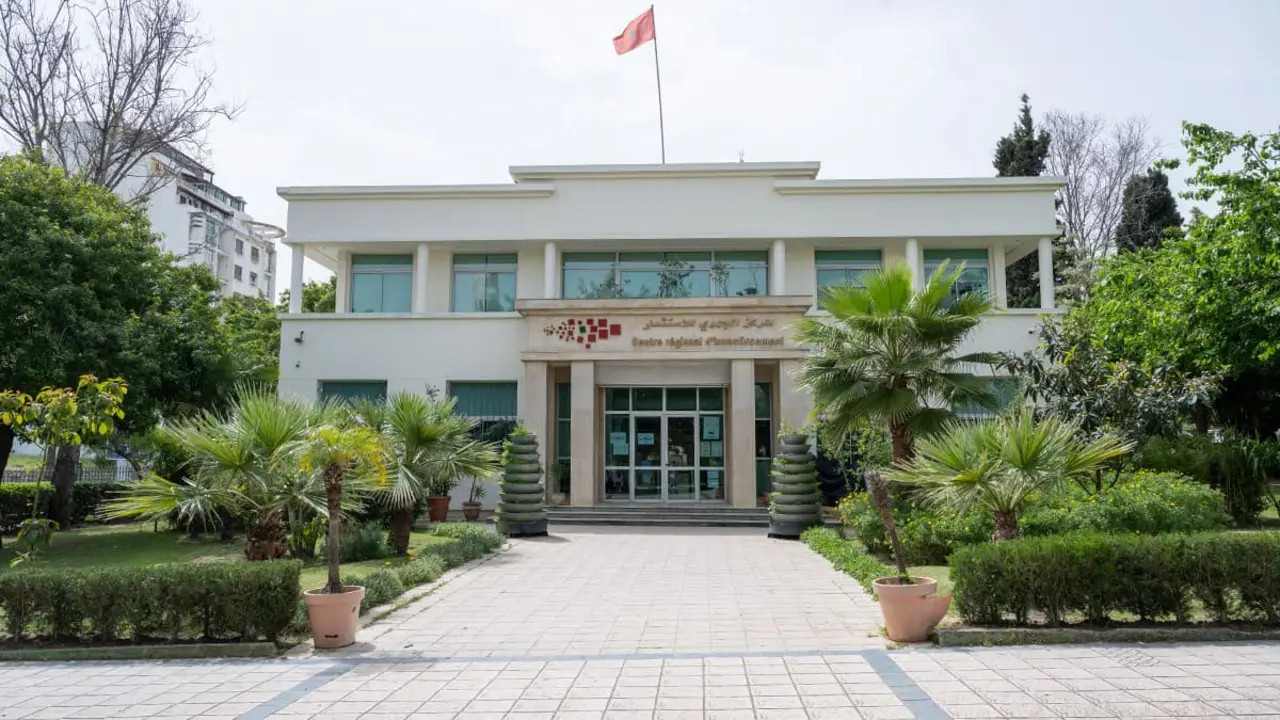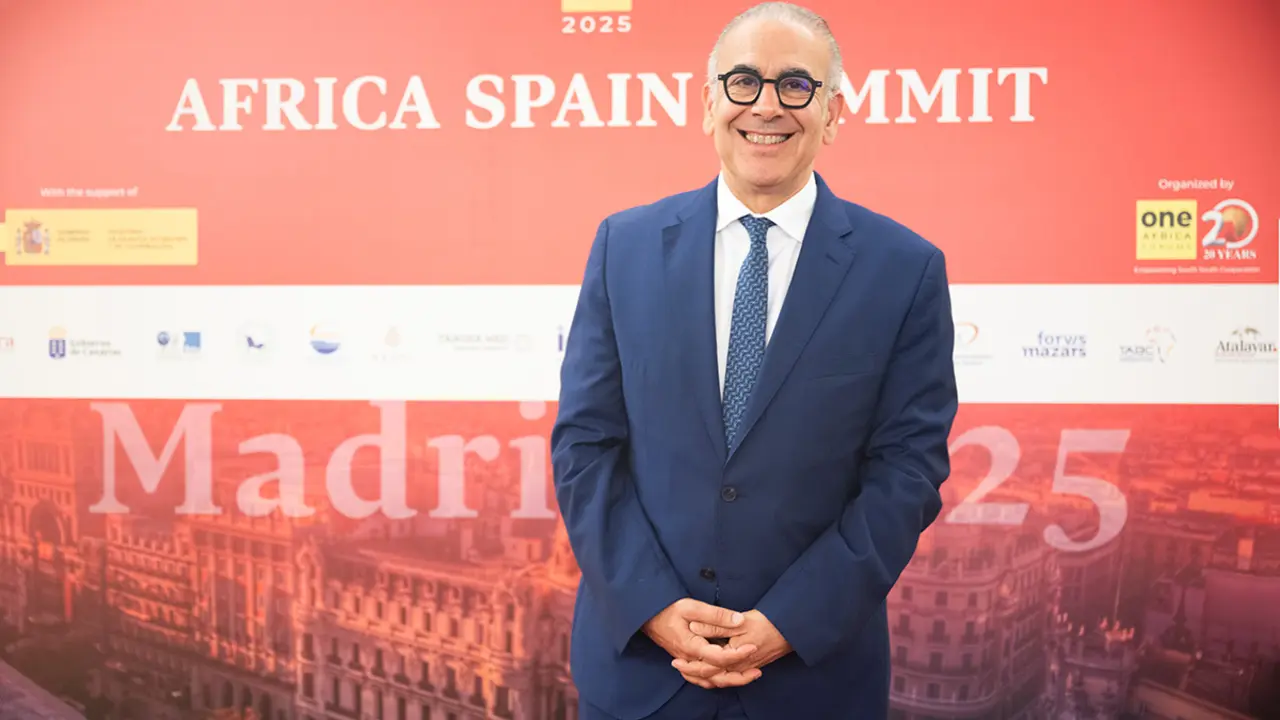El tejido industrial en Marruecos continúa creciendo en 2022

The growth in the number of companies in the North African country is especially prominent in the commercial sector. Already in the first half of the year, with the creation of more than 48,000 businesses according to OMPIC, it was clear that the Kingdom's efforts are materialising. If we analyse the first 10 months, 52,968 new businesses are already registered as legal entities, while 24,354 are self-employed. Overall, 36.42% of the new businesses are registered as trading companies, followed by construction and public works (BTP), real estate activities, which account for 17.72%, and the Moroccan industrial sector, which contributed 7.12%.
While hotels and restaurants had a share of 6.46% of start-ups. Information and communication technologies (ICT) accounted for 2.59% of new businesses and 2.22% in agriculture and fisheries. As for the legal status of the new businesses, the companies created are 62% Single Shareholder Limited Liability Companies (SARL-AU), 37.6% are Private Limited Liability Companies (SARLs), 0.3% Public Limited Companies (SA) and 0.1% Public Limited Companies in Collective Name (SNC).

Casablanca and its surroundings remain at the forefront in terms of regional distribution of company creation, with the Casablanca-Settat region registering the creation of more than 21,000 new companies. The Tangier-Tetouan-Al Hoceima region is in second place with the creation of more than 10,000 companies. Rabat-Sale-Kenitra ranked third, as the region also welcomed more than 10,000 new companies.
Morocco's tourism hub, the Marrakech-Safi region, saw the creation of more than 7,000 companies. It was followed by the Fez-Meknes region with more than 6,000 and the Souss-Massa region with more than 3,500 new businesses. The list of regions welcoming more than 2,000 companies also includes Sharq with 2,721 and Laâyoune-Sakia El Hamra with 2,252. Meanwhile, the list of regions that welcomed less than 4,000 new companies in the first 10 months of 2022 includes Beni Mellal-Khénifra with 2,106, Draa-Tafilalet with 1,967, Dakhla-Oued Eddahab with 1,990 and Guelmim-Oued Noun with 869.

In a world where men and women are increasingly equal, women represent about 20% of CEOs in Morocco. The above percentages include "active natural persons, active legal persons and self-employed". In breaking down the census results, it was noted that more than 15 per cent of corporate companies and about 18 per cent of private companies are headed by female CEOs, while a quarter of women are self-employed.
According to the Moroccan Observatory of Small and Medium Enterprises (OMTPME), there are more than 700,000 active physical and legal companies and 99,160 active individual entrepreneurs in the census database. To overcome obstacles related to the lack of availability of gender data in Morocco's public databases, the observatory adopted a "data science approach" that used algorithms to predict the gender of leaders based on their names. The data used in this census included names of CEOs obtained from OMPIC, private names obtained from the General Directorate of Taxes (DGI) and a dictionary of Arabic words compiled by the Observatory itself using external sources.

The Observatory's census confirms recent reports that, despite significant efforts to promote gender equality and encourage women into decision-making positions, a large gender gap remains in Moroccan companies. According to the World Bank, the proportion of female managers and entrepreneurs in Morocco was 16.1% in 2019, below the global average of 43.2% and the sub-Saharan African average of 56%.
Globally, women's participation in entrepreneurship remains relatively limited. To reverse this trend, organisations such as the International Labour Organization (ILO) are working to promote women's entrepreneurship by creating ideal business conditions, providing the necessary tools to enhance women's skills and help them build successful businesses, giving them ethical and financial support and support to excel in the male-dominated business world.








